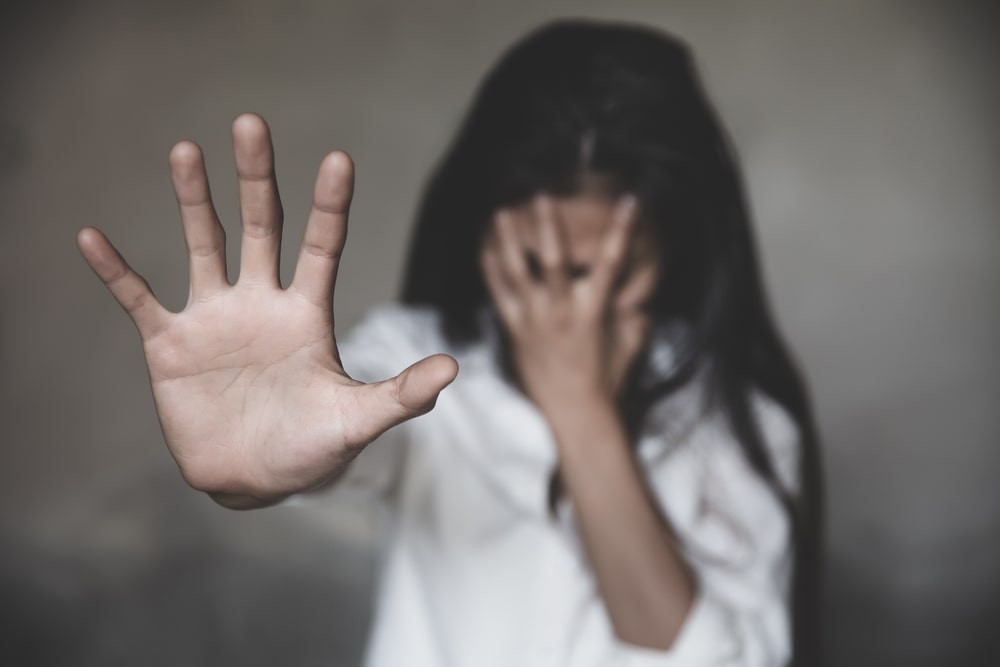The America Psychological Association defines sexual abuse as “unwanted sexual activity, with perpetrators using force, making threats or taking advantage of victims not able to give consent.” A teenager that has endured sexual abuse (e.g., forcing someone to have sex, forcing someone to perform sexual acts, refusing to use condoms, engaging in sexual acts with someone who is unconscious, rape, unwanted kissing, unwanted touching, and unwanted rough or violent sex, etc.) is pressured into participating in sexual acts or behaviors that he or she does not want to take part in. According to data from RAINN, the nation’s largest anti-sexual violence organization, females aged 16-19 are 4 times more likely to be victims of rape, sexual assault, and attempted rape versus the general population. Additionally, 1 in 53 boys and 1 in 9 girls aged 18 and under suffer sexual abuse or assault at the hands of an adult. RAINN statistics also indicate that 82% of all sexual abuse victims are females 18 years old and under. Sexual abuse looks different in each survivor.
Warning Signs
Teenagers are notoriously secretive, which can make it difficult to notice the signs of sexual abuse, especially if you are unaware of what to look for. Learning about the various warning signs that may be indicative of teenage sexual abuse is crucial. The signs and symptoms of teen sexual abuse can be divided into the following categories:
- Physical signs: sexual abuse may cause physical harm or injuries, or manifest physically in other ways, such as:
- Physical injuries, such as bruising
- Genital injuries or trouble walking
- Changes in appetite
- Unkempt appearance or poor hygiene
- Sudden weight loss or weight gain
- Sexually transmitted diseases
- Cutting or other signs of self-harm
- Teen pregnancy
- Emotional signs: sexual abuse can present through nonphysical signs including changes in mental health or drastic shifts in emotional stability, such as:
- Depression
- Anxiety
- Withdrawal
- Isolation
- Aggression
- Shame or guilt
- Low self-esteem
- Fear of being alone with someone
- Symptoms of post-traumatic stress disorder
- Behavioral signs: sexual abuse may cause a teen to exhibit sudden or unexplained changes in their actions, personalities, and behaviors, such as:
- Behavioral outbursts
- Poor school performance
- Getting in trouble at school
- Substance use (drugs or alcohol)
- Criminal behaviors
- Eating disorders
- Social problems
- Sexual promiscuity
- Self-harming or suicidal tendencies
It is often up to family members and friends to detect the warning signs of sexual abuse in teenagers, as only about 25% of sexual assault cases are reported to the police.
For Information and Support
Every family in need of mental health treatment must select a program that will best suit the needs of their family. When one member of a family struggles, it impacts everyone in the family unit. To maximize the benefits of treatment we work closely with the entire family to ensure that everyone is receiving the support they need through these difficult times. Seeking help is never easy, but you are not alone! If you or someone you know needs mental health treatment, we strongly encourage you to reach out for help as quickly as possible. It is not uncommon for many mental health difficulties to impact a person’s life, long term. Pursuing support at the beginning of one’s journey can put the individual in the best position to learn how to manage themselves in a healthy way so they can go on to live happy and fulfilling lives.
OUR KNOWLEDGEABLE ADMISSIONS TEAM CAN BE REACHED 24/7 AT INFO@PACIFICRTC.COM OR CALL: 800-531-5769






